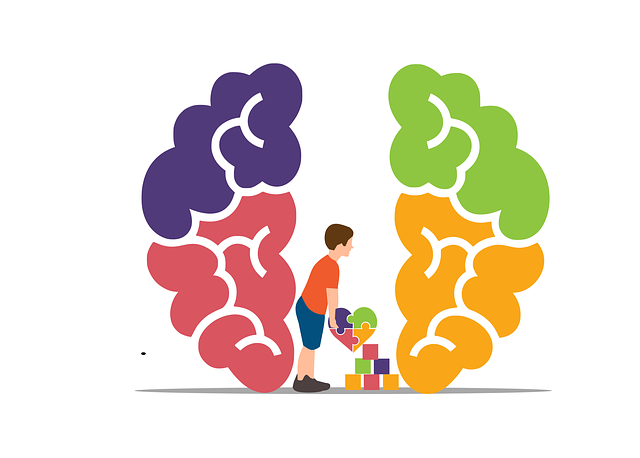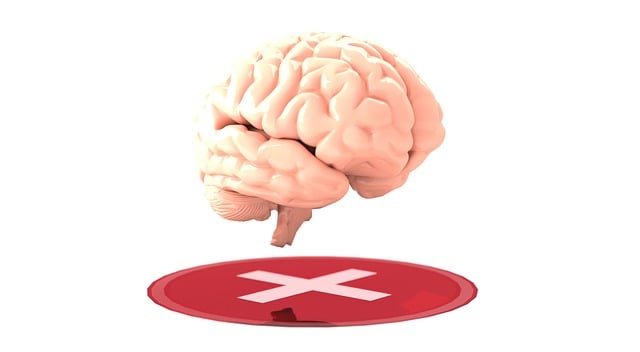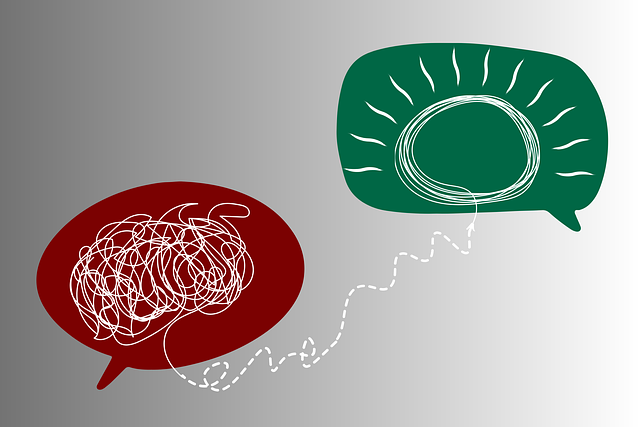Chronic stress negatively impacts mental and physical health, but Boulder Acceptance and Commitment Therapy (ACT) offers a proven solution. ACT encourages emotional acceptance, fosters flexibility in thinking, and promotes self-care through value identification, helping individuals view stress as manageable. By integrating mindfulness, cognitive restructuring, and journaling, this therapy empowers people to take control of their mental wellness, enhance life satisfaction, build resilience, and form nurturing relationships. Mental health professionals play a crucial role in teaching ACT skills and ensuring safe implementation.
Stress management is a vital skill in today’s fast-paced world. This article explores effective strategies to navigate life’s challenges, focusing on Boulder Acceptance and Commitment Therapy (ACT) as a powerful tool. We’ll delve into understanding stress and its impact on our lives, then present practical ACT techniques for immediate relief. Furthermore, we’ll discuss how integrating ACT into daily routines fosters long-term mental well-being, offering a comprehensive guide to mastering stress management.
- Understanding Stress and Boulder Acceptance and Commitment Therapy (ACT)
- Practical Techniques for Effective Stress Management
- Integrating ACT into Daily Life for Long-Term Well-Being
Understanding Stress and Boulder Acceptance and Commitment Therapy (ACT)

Stress is a natural response to demanding situations, but chronic stress can have detrimental effects on both mental and physical health. It’s crucial to understand the sources of stress in our lives—be it work pressures, personal relationships, or financial worries—to effectively manage it. Boulder Acceptance and Commitment Therapy (ACT) offers a powerful framework for navigating these challenges. At its core, ACT encourages individuals to accept their emotions and experiences without judgment, fostering a sense of flexibility and resilience. This therapy promotes self-care practices by helping clients identify and commit to personal values, leading to improved self-esteem and overall well-being.
By integrating mindfulness techniques and cognitive restructuring, ACT enables individuals to develop a healthier relationship with stress. Instead of aiming to eliminate stress entirely—which is often unattainable—ACT teaches people to view it as a normal part of life, focusing on how to respond to stressful situations in ways that align with personal values. This approach has been shown to be effective not only in clinical settings but also through public awareness campaigns development, empowering folks to take charge of their mental health and cultivate a more fulfilling life.
Practical Techniques for Effective Stress Management

Stress management is a vital aspect of maintaining good mental wellness, and there are numerous practical techniques to help individuals cope effectively. One evidence-based approach gaining popularity is Acceptance and Commitment Therapy (ACT), which has its roots in Boulder, Colorado. ACT encourages individuals to accept their emotions and thoughts without judgment, fostering inner strength and resilience. By developing a mindful awareness of one’s experiences, people can create meaningful actions that align with their values, ultimately leading to increased life satisfaction.
Journaling is another powerful tool for stress reduction. Keeping a Mental Wellness Journal allows individuals to process their feelings, reflect on triggers, and track progress over time. Through regular practice, one can identify patterns of stressful thoughts and develop effective coping strategies. Combined with mindfulness exercises and physical activity, journaling provides comprehensive guidance for building resilience and enhancing overall well-being.
Integrating ACT into Daily Life for Long-Term Well-Being

Integrating Boulder Acceptance and Commitment Therapy (ACT) into daily life routines offers a powerful path to long-term well-being. ACT encourages individuals to accept their emotions, rather than fighting them, while committing to actions that align with personal values. This approach fosters flexibility in navigating life’s challenges, promoting positive thinking and resilience. By cultivating mindfulness—the practice of being fully present in the moment—ACT helps individuals detach from negative thought patterns and reduce self-criticism, enhancing overall mental health and satisfaction.
For sustained benefits, ACT integrates empathy-building strategies that encourage understanding and compassion towards oneself and others. This involves non-judgmental awareness of one’s experiences and emotions, fostering genuine connections and nurturing positive relationships. Mental health professionals can play a crucial role in teaching these skills, conducting thorough risk assessments to ensure safe and effective implementation.
Boulder Acceptance and Commitment Therapy (ACT) offers a powerful framework for managing stress by accepting what we cannot change and committing to actions that align with our values. By integrating ACT into daily life, individuals can develop resilience and promote long-term well-being. Practical techniques like mindfulness, value identification, and defusing thoughts empower people to navigate stressors effectively. Embracing these strategies allows us to cultivate a richer, more fulfilling life, even amidst challenging circumstances.














